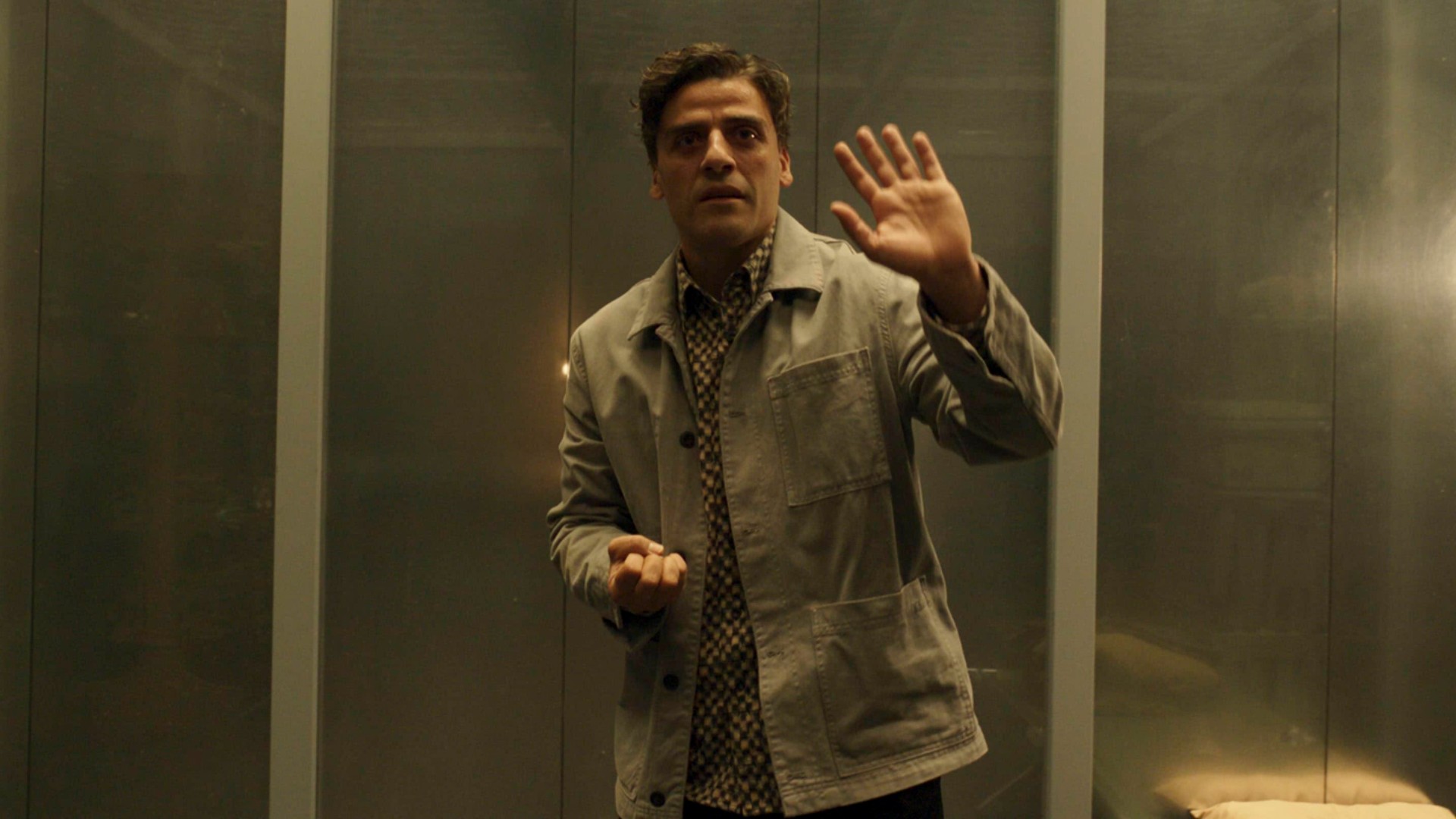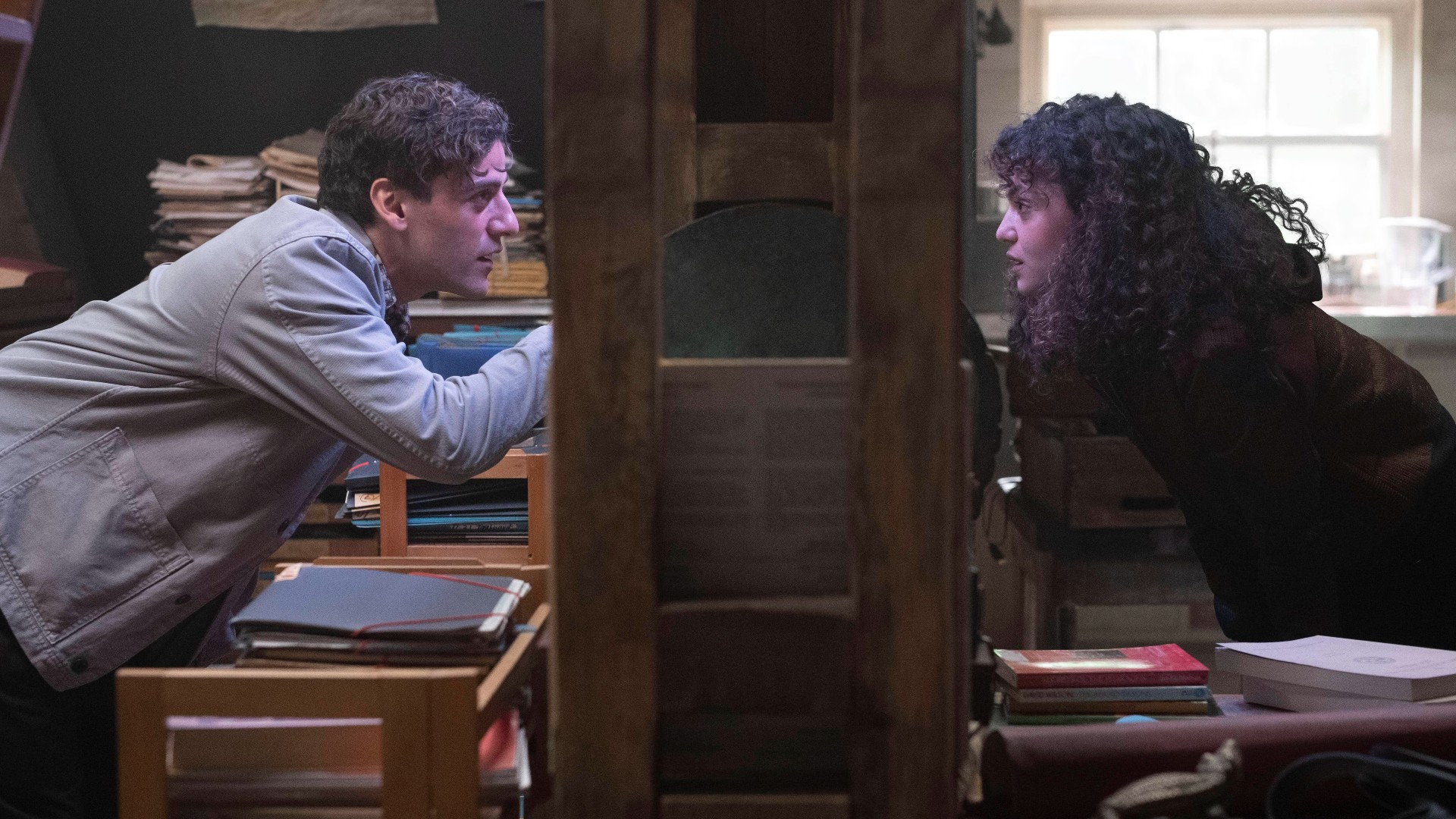Moon Knight's MCU separation is both a blessing and a curse
The new Marvel series is going its own way, but loses something special in the process

Moon Knight may be part of Marvel Phase 4, but we could also be looking at the first test subject for a new generation of Marvel Studios stories: a comic book show that doesn’t need the MCU to survive – and thrive.
Up until now, Marvel Studios has prided itself on cramming in a multiverse’s worth of Easter eggs, comic references, cameos, and sequel setups to help prop up their stories, both on the big screen and on Disney Plus. Moon Knight does away with all that. It’s entirely its own thing, focusing on the plight of Steven Grant as he struggles with dissociative identity disorder amid the impending threat of Ethan Hawke’s cult leader, Arthur Harrow, and an ancient war waged between Egyptian gods. So far, it’s been a breath of fresh air, though it’s still unclear whether this is ultimately the right road for Marvel to go down.
For now, it’s a net positive. At its most excessive, Marvel movies and shows can be oversaturated with links and connections to the wider cinematic universe. Even one of the superhero studio’s most recent entries – Hawkeye – never quite hit the target thanks to its dependence on Echo and, latterly, Vincent D’Onofrio’s Kingpin in setting up future spin-offs.
Imagine a Hawkeye series in the vein of Moon Knight: a reflective piece that prioritized character and story over spectacle. Instead, we got a fun – but ultimately light – slice of superhero action. By doing something different, Moon Knight is already paving the way for braver, more self-contained stories in the MCU. That can only be a good thing.
Moon Knight’s lack of separation anxiety has also allowed Oscar Isaac to seriously strut his stuff as the dual personalities of the neurotic Steven Grant and the cocksure Marc Spector. You only have to take a quick glance at Isaac’s work in recent blockbusters to see why this new style of Marvel story works so well for Moon Knight. In Star Wars, he felt a little lost as Poe in the middle of a franchise. Dune was different. There, he excelled as part of director Denis Villeneuve’s singular vision.
Knight and day

Yet, there’s a downside to Moon Knight striking out on its own. The longer the show takes to bleed into the MCU-at-large, the more jarring it’s going to be if Moon Knight eventually does step into the world of other superheroes.
By keeping things so unique and distinct, the show’s central character may not mesh with the world around him. In the Disney Plus series, the pace is more measured and pronounced. In any future crossover, Moon Knight runs the risk of being diluted and a shadow of his former self.
Sign up for the Total Film Newsletter
Bringing all the latest movie news, features, and reviews to your inbox
Yes, Isaac has been frank about potentially not appearing as Moon Knight again beyond this series. Yet, it would amount to wasted potential and a serious missed opportunity if Moon Knight, bolstered by a star as impressive as Isaac, does not stay around long-term, especially in a universe filled with younger actors and lacking true box office names.
Moon Knight also feels – and I hate to say it, given how strong it’s been so far – like the first non-essential entry in the MCU. Of course, that works both ways and it could be held up as a great jumping-on point for newcomers. Though, at this current stage, it seems a little skippable in the grand scheme of things. For that, we can blame Marvel. Everything has mattered in the MCU – and has done for close to 15 years now – so when something doesn’t tie into the slate of sequels and spin-offs, it tends to feel a little less important by the very nature of the cinematic universe it inhabits.
As a fan, too, it can be hard to shake the gnawing sense of not having a considerable amount of Easter eggs to pore over. That’s half the fun in watching week-to-week and almost always adds to the richness of Marvel discourse. WandaVision’s mystery boxes and ties to comic book movies, for example – even those not developed under the Marvel Studios banner, as was the case with Quicksilver – turned a good series into a great one.
That’s just one example. Captain America: Civil War probably wouldn’t be as memorable without Spider-Man and Black Panther’s debuts; No Way Home certainly wouldn’t have moved the needle without the nostalgia hit of Tobey Maguire and Andrew Garfield; even the first MCU movie – Iron Man – could have sunk without a trace if Nick Fury hadn’t shown up to tease a larger universe.
Much like Steven Grant himself, there are two sides to Moon Knight. In one corner, the show has proven itself more than capable of existing outside of the 27 films and multiple shows that preceded it. Moon Knight is a TV show first, Marvel series second, and that has allowed it to soar in some areas – dialogue, story, acting – where other MCU projects have fallen.
There is, however, that inescapable feeling that Moon Knight could (and perhaps should) be part of something bigger. After all, what good is the MCU sandbox if you don’t invite everyone to come and play in it?
Discover what's next beyond Moon Knight with our guide to new Marvel TV shows. As for when the next episode arrives, check out our Moon Knight release schedule and guide to when Moon Knight takes place on the Marvel timeline. If you're not already, then subscribe to Disney Plus here.
I'm the Senior Entertainment Writer here at GamesRadar+, focusing on news, features, and interviews with some of the biggest names in film and TV. On-site, you'll find me marveling at Marvel and providing analysis and room temperature takes on the newest films, Star Wars and, of course, anime. Outside of GR, I love getting lost in a good 100-hour JRPG, Warzone, and kicking back on the (virtual) field with Football Manager. My work has also been featured in OPM, FourFourTwo, and Game Revolution.



